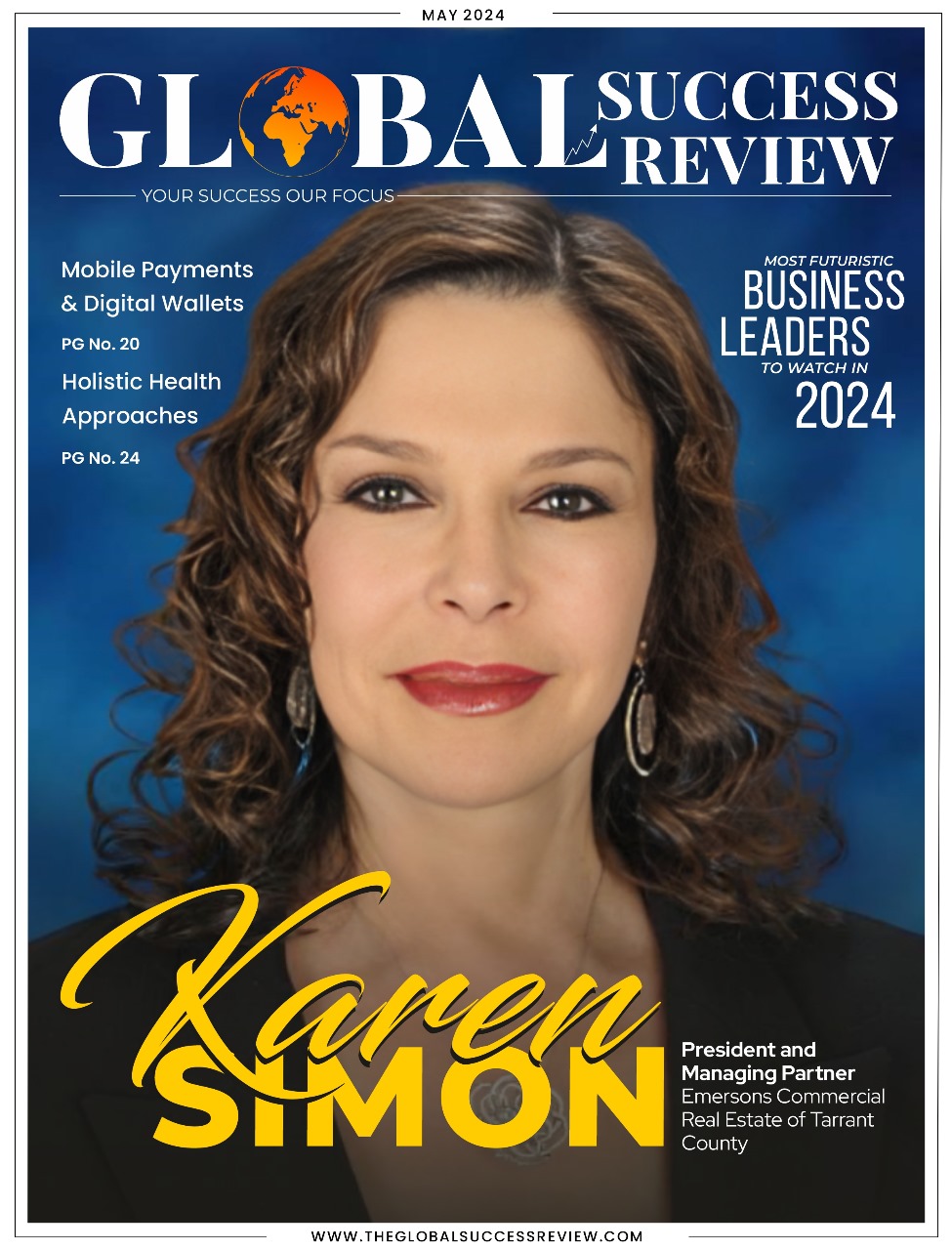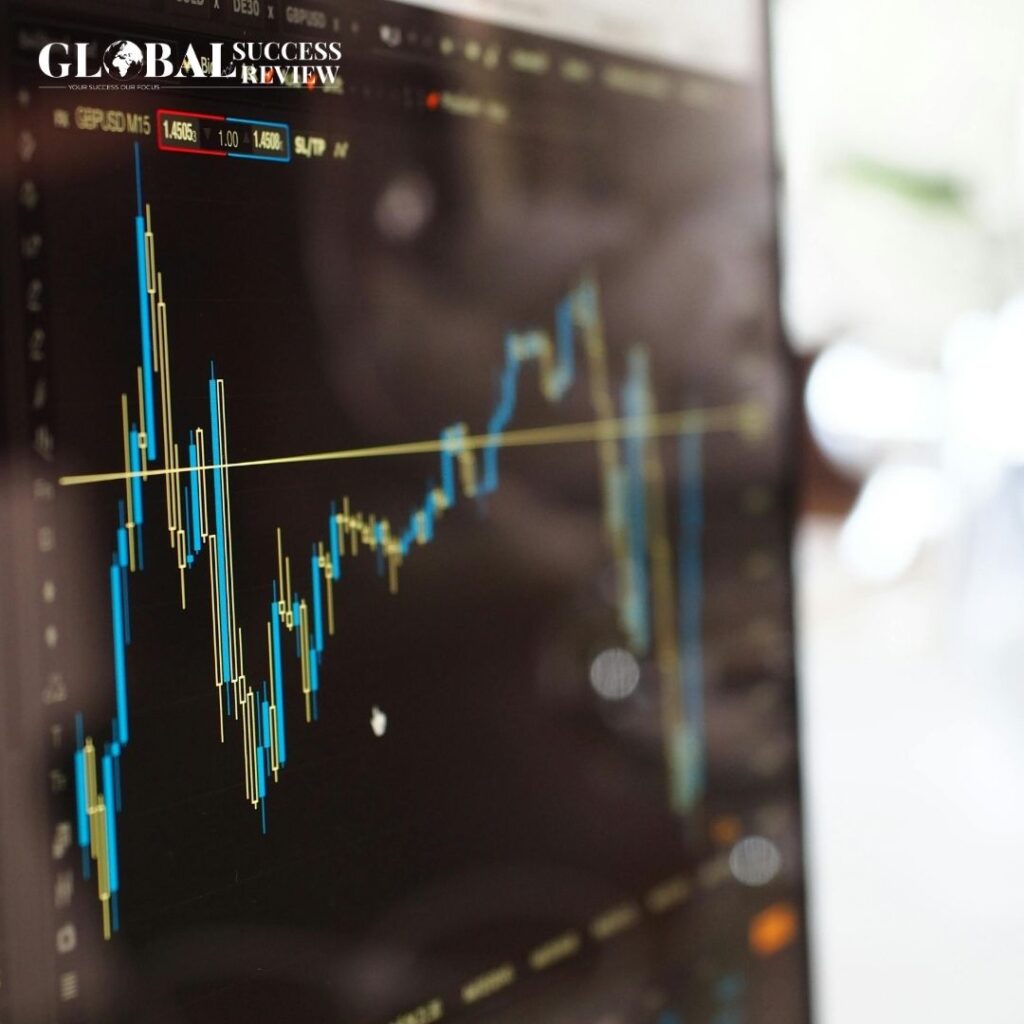Trading is a profession that demands both skill and resilience, combining knowledge of financial markets with an innate ability to manage risk and make quick decisions. Traders are individuals who buy and sell financial instruments, such as stocks, bonds, commodities, and currencies, to profit from price fluctuations. While the world of trading can be exhilarating, it is also fraught with challenges and the constant need to stay ahead of market trends. This article delves into the daily life of a trader, exploring the strategies, risks, and mindset that shape their journey in the fast-paced world of finance.
The Role of a Trader
At its core, a trader is someone who takes positions in the market with the goal of making a profit. They rely on their understanding of market movements, trends, and economic data to make decisions about when to buy or sell a particular asset. Traders come in different forms, including retail traders who trade for personal profit, institutional traders who work for large financial firms, and proprietary traders who use their own capital to make trades.
There are different types of trading, each with its own set of techniques and strategies. For instance, day traders buy and sell financial instruments within the same trading day, often making multiple trades in a single day. Swing traders, on the other hand, aim to profit from price swings over a few days or weeks. Position traders hold assets for a more extended period, often weeks or months, and typically focus on long-term trends. Each type of trader must develop a specific skill set and strategy to navigate the market successfully.
The Art of Market Analysis
Traders must constantly analyze the market to make informed decisions. Market analysis typically falls into two main categories: technical analysis and fundamental analysis.
Technical analysis involves examining historical price data and trading volumes to identify trends and patterns. Traders use charts, indicators, and various tools to predict future price movements. This approach is particularly useful for short-term traders like day traders or swing traders, who rely on price patterns to make quick decisions.
On the other hand, fundamental analysis focuses on understanding the underlying factors that influence an asset’s value. This could involve analyzing economic data, such as GDP growth, unemployment rates, inflation, or company financial statements. For example, stock traders might look at a company’s earnings report or news of mergers and acquisitions to gauge the stock’s potential. Long-term traders tend to rely more on fundamental analysis to assess the viability of their investments.
Many traders use a combination of both technical and fundamental analysis, depending on their trading style. The ability to read the market accurately is a key skill that separates successful traders from those who fail to adapt.
Managing Risk
One of the most important aspects of trading is risk management. The financial markets are volatile, and even the most experienced traders can face unexpected losses. Successful traders are not those who always win; rather, they are those who manage their risks effectively and ensure that their losses do not outweigh their gains.
Risk management strategies vary from trader to trader, but most use techniques such as setting stop-loss orders, diversifying their portfolios, and never risking more than a predetermined percentage of their capital on any single trade. A stop-loss order automatically sells an asset once it reaches a certain price, helping to limit losses. Diversification, on the other hand, spreads risk by holding a variety of assets, reducing the likelihood that a downturn in one market will wipe out an entire portfolio.
The ability to stay calm and stick to a well-thought-out risk management plan is crucial. Emotional trading, driven by fear or greed, can lead to poor decision-making and significant financial loss. Therefore, emotional discipline is a trait that successful traders must cultivate.
The Mindset of a Successful Trader
Trading is as much about psychology as it is about technical expertise. A trader’s mindset plays a critical role in determining their success. The highs and lows of the market can take an emotional toll, and the pressure of making split-second decisions can be overwhelming.
To thrive in this environment, traders must develop mental resilience and learn to manage their emotions. The ability to remain objective and make decisions based on logic rather than emotion is crucial. Successful traders often exhibit a high degree of self-control and patience, as they know that not every trade will be profitable and that it’s the long-term consistency of their strategy that matters most.
Moreover, the willingness to continuously learn and adapt is a key trait of a successful trader. The markets are always evolving, and new technologies, such as artificial intelligence and algorithmic trading, are constantly changing the landscape. Traders who stay curious and open-minded are better positioned to adapt to these changes and stay ahead of the curve.
The Rewards and Risks of Trading
While trading can be lucrative, it is not without its risks. Traders often face the possibility of losing large amounts of money, especially when markets are volatile or when they fail to manage their risks properly. However, the potential for high rewards is what draws many to the profession. For those who succeed, trading can offer financial independence, the thrill of intellectual challenge, and the satisfaction of mastering the markets.
For those considering a career in trading, it is important to approach it with a balanced perspective. Trading requires a commitment to continuous learning, discipline, and a strong understanding of the risks involved. It is not a “get rich quick” profession, and those who enter it without adequate preparation are likely to face significant challenges.
Conclusion
The life of a trader is a dynamic blend of strategy, risk management, and psychological resilience. Successful traders are not only adept at analyzing markets but also possess the mental fortitude to navigate the emotional rollercoaster that comes with high-stakes decision-making. While the rewards can be significant, trading is a profession that demands continuous learning and a disciplined approach. For those who embrace the challenges and commit to mastering the craft, trading can offer both financial success and personal fulfillment.



















